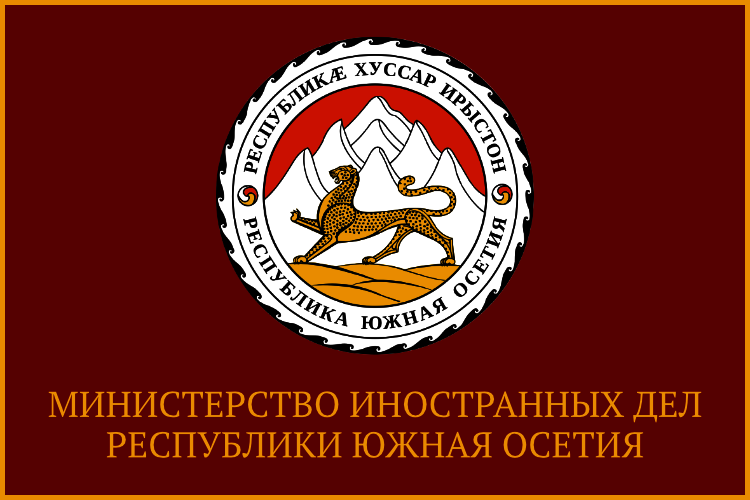On July 9, 2012 at the annual meeting of the OSCE Parliamentary Assembly in Monaco the Resolution "On the situation in Georgia" proposed by the Polish deputy Michal Scherba was supported. South Ossetia and Abkhazia are referred to as the "occupied territories" in the resolution.
Such a biased, one-sided position of the OSCE parliamentarians caused, at the very least, a surprise in South Ossetia. As you know, the OSCE seeks to become a commonwealth of nations, preserving its cultural and historical identity, but at the same time, united by the common humanistic values. The Principle of such Community should become an immediate and effective rebuff to any manifestation of violence carrying a threat to democracy and human rights.
As for South Ossetia, the OSCE has not given a realistic assessment of the events of August 2008 up to now and of the actions of its own mission in Georgia, which was unable to fulfill its mandate and to prevent armed aggression of Georgia against South Ossetia. The organization has not taken into account the conclusions of the EU independent commission`s report made under the leadership of Ms. Heidi Tagliavini, which explicitly recognizes the fact that it was Georgia to start the war in August 2008.
Moreover, some OSCE member states not condemning the actions of the Georgian leadership give all-round political and military support to Georgia, which can inspire it to the new "exploits." Otherwise, how do you understand the statements of the U.S. high-ranking official John McCain at OSCE Parliamentary Assembly that "the Congress is doing everything to provide Georgia with defensive arms", which actually becomes offensive weapons.
It is no less lamentable that the OSCE uses the term "occupied territory" in relation to South Ossetia and Abkhazia in its document with the filing of the Georgian representatives, and which factually has nothing to do with the existing reality.
The South Ossetian delegation has repeatedly proved the absurdity of the terms "occupation" and "occupied territory" in relation to South Ossetia and Abkhazia at the Geneva international discussions. Comprehensive special joint discussion of the topic with the participation of independent international experts in the field of international law who were invited by the co-chairs to the 20th round of Geneva discussions clearly showed that the presence of Russian military contingents on the territories of South Ossetia and Abkhazia cannot be regarded as " occupation ", and these states cannot be regarded as" occupied territories ". However, these recommendations were not taken into account by OSCE parliamentarians for some reasons.
In spite of the serious claims to the activities and positions of the OSCE representatives in the period prior to the aggression, and even during the Georgian aggression in August 2008, South Ossetia has repeatedly appealed to the leadership of the OSCE with a proposal to discuss further relationship taking into account current realities and the recognition of South Ossetia, but the issue has not been resolved yet. And the adoption of a resolution on South Ossetia without the representatives of the South Ossetia denies the document of objectivity and does not contribute to stabilization in the region.
Tskhinval, 10 July 2012
